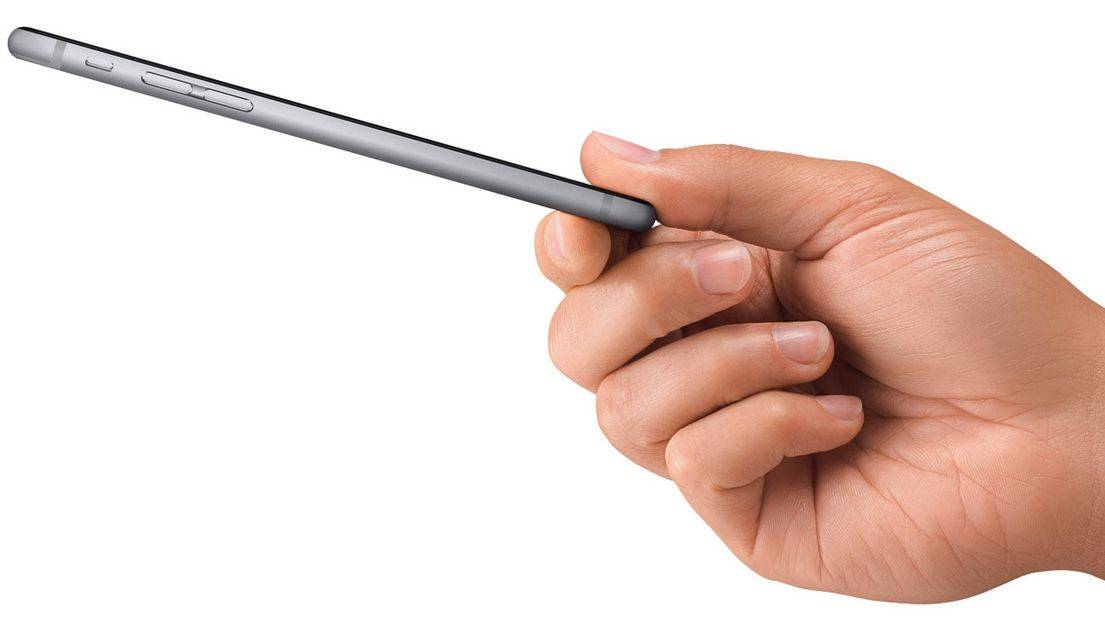Why You Should Keep A Close Eye On The Payments Market
The pharmaceuticals and Biotech industries have for long been deemed to be among the most lucrative industries to track. In fact, there are platforms that have dedicated their services to tracking breakout companies operating in these markets. Such companies have periodically proved to be profitable investments as demonstrated on this stock alerts platform.
However, over the last few years, a new industry has emerged thanks to the success of the pioneers. The Fintech industry is one of the most lucrative places to invest in right now and PayPal (Nasdaq:PYPL) is the company that leads the market. However, its success has prompted other giant players to take an interest in the industry, but so are startups. In the next few years, we could have several penny stock companies operating in the industry, given the number that’s already in the private sector.
PayPal dominates online payments across the globe and over the last few years, it has been trying to replicate this dominance on mobile devices. However, this has proved to be a little difficult in part due to the fact that some people are not convinced by the security measures taken to ensure data protection.

According to reports, while online payments platforms like PayPal and Skrill appear to have gained recommendable traction in the market, their mobile-based platforms alongside other mobile wallets still appear to be far from reaching the same heights.
Since the emergence of application-based payment platforms, there have been mixed reactions from market experts concerning the new Fintech product’s place in the industry. There are those who believe that mobile payments are the next big thing in the financial payments industry. There is a good case for this perception given the fact that a majority of world’s developed and emerging economies now have smartphones widely used.
However, as pointed out, there is still the small issue of acceptability of mobile payments amongst people. So many mobile wallets have been launched, yet they are still pretty much anonymous amongst the masses. This has forced companies to reinvent their mobile payments platforms year in-year out, and a good example is Alphabet’s (Nasdaq:GOOG) (Nasdaq:GOOGL) Android Pay, which is a shift from the “failed” Google Wallet.
Alphabet introduced Android Pay last year and this has elicited claims that it is a direct response to Apple (Nasdaq:AAPL) Pay. Apple Pay has made some significant milestones in mobile payments since launching two years ago.
Apple Pay has already partnered with hundreds of thousands of store chains as well as, major point-of-sale merchants to help integrate itself into the financial payments grid. However, a majority of those partners are based in the US and the UK, which means that the larger part of the global Fintech industry is yet to be scratched by the US-based technology giant.
As such, it would appear that given Android’s global market share, Alphabet may have sensed the opportunity presented by the rapid growth of the Fintech industry coupled with Apple’s squeezed global reach.
But that’s not the point. By assuming that platforms like Apple Pay and Android Pay are going to redefine the Fintech industry would be taking a perception that mobile payments are disruptors.
There is a strong case which suggests that they are not. And instead, they are enablers.
Now, if you look at PayPal, which has been very active in the mobile payments market over the last few years, it would be preposterous to say that the company is trying to disrupt an industry it already dominates by introducing mobile payments apps.
The more prudent view would be that PayPal is actually trying to enable its massive user base to utilize its services on mobile platforms. The same goes for the UK-based online payments platform, which is also PayPal’s biggest rival on a global perspective, Skrill. We could also add Neteller, CashU, and KIWI, among others to that list.
All these online payments platforms have their own mobile payments apps, which are merely created to enable users the ease of transaction when on mobile devices.
As such, most of these mobile payments wallets are created to facilitate transactions on mobile devices that would have otherwise taken place on a web platform. Other players such as Alibaba’s (NYSE:BABA) Alipay are developed to augment the company’s e-commerce business, and not necessarily as a stand-alone product.
Again this aspect is present across a number of platforms including Amazon.com (Nasdaq:AMZN) and Wal-Mart (NYSE:WMT), among others. They are all developed to enable smooth business transactions regardless of whether the customer is on a mobile device or a web platform.
The Fintech industry covers all these aspects (payments, shopping, money transfer, trading, and even gambling), just to name but a few. If you investigate closely, you will find that most players in these markets have developed their own mobile payment wallets to facilitate transactions.
This clearly shows that mobile payments are more about enabling than they are about disrupting.
Conclusion
In summary, most mobile payments platforms still use the same narrative used in web-based payments platforms—that is, users log-in to complete the transaction by clicking on a few buttons. However, Apple Pay and Android Pay use fingerprint sensors to complete transactions thanks to NFC technology.
While NFC is believed to heighten security measures in mobile payments, platforms that are yet to employ this technology are deemed to be significantly risky. This is probably why online Fintech consultants like River Cohen remember to point the potential perils—as they do the benefits of embracing mobile payments.
Disclosure: The material appearing on this article is based on data and information from sources I believe to be accurate and reliable. However, the material is not guaranteed as to accuracy nor ...
more


